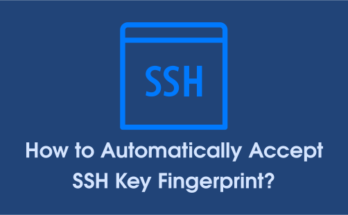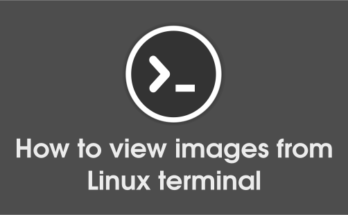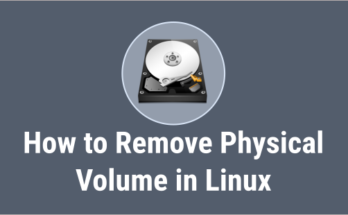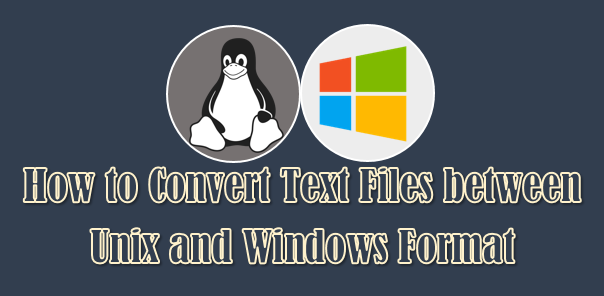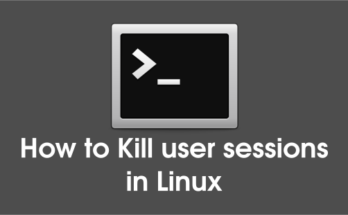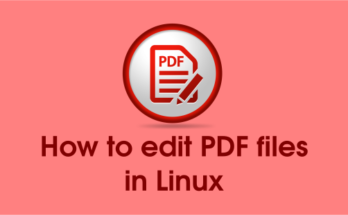
The simplest way to edit PDF files in Linux
PDF stands for Portable Document Format which is widely used among general users for documentation purpose and its usage is primarily for printing, sharing and for large documents. By default, …
The simplest way to edit PDF files in Linux Read More
